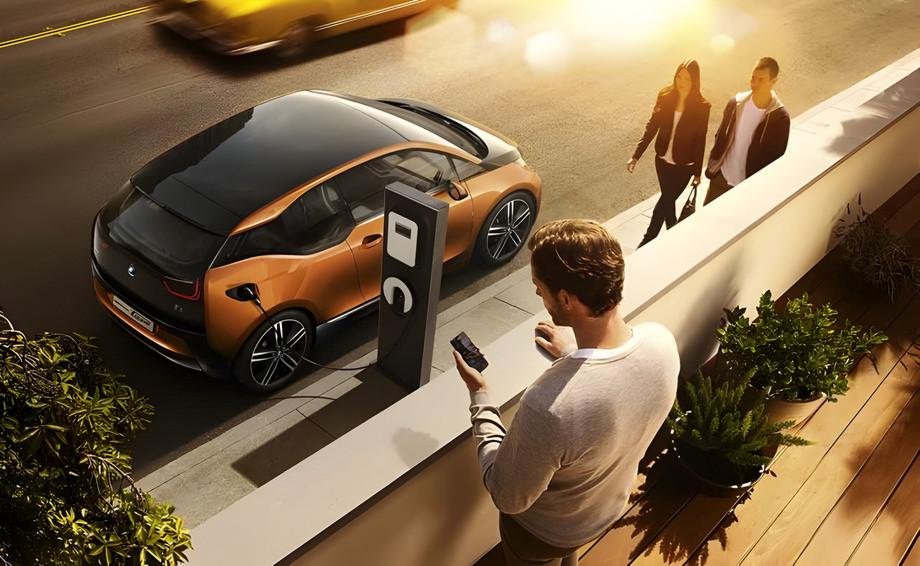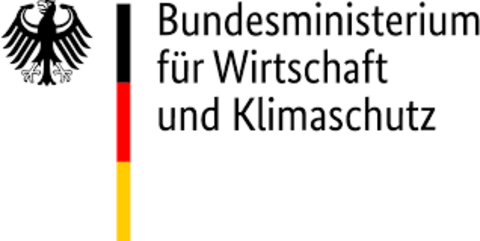Project details
Making Electromobility User-Friendly: The University of Passau Participates in "BDL" Innovation Project


The Chair of Marketing and Innovation and the Centre for Market Research at the University of Passau are working together with partners from practice and science on the "Bidirectional Charge Management – BDL" innovation project on a currently unique project: the holistic integration of electric vehicles into the energy network in Germany. The technology developed in the project is intended to contribute towards a more efficient use of green energy and at the same time, to improve supply security. With their research, the team at the University of Passau ensures that the solutions developed are both as user-friendly as possible and compatible with incentives. The project is funded for three years by the Federal Ministry of Economics and Energy.
The continuously growing number of electric vehicles and an increasing proportion of electricity generated from renewable sources are integral parts of the energy revolution in Germany. Both measures make it necessary to balance out fluctuations and peak loads in the power grid and to make optimum use of energy from renewable sources. In view of these challenges, electromobility in particular can make a contribution towards solving the problem – namely by intelligently controlling the charging processes of electrified vehicles. In practice, this is currently usually solved by timing the charging process – ideally, the vehicle charges exactly when there is no threat of bottlenecks in the power grid and when electricity from renewable sources is available for charging. The technology researched in the "Bidirectional charge management – BDL” funding project can significantly expand the possibilities of intelligent charge control.
As part of the innovation project led by the BMW Group, a charging technology is being developed that allows electric vehicles not only to absorb energy for the high-voltage battery, but to also feed energy back into the power grid in the opposite direction. The e-vehicles will thus become mobile energy storage units that can absorb electricity into the vehicle battery at times when there is little general demand and then release it again when the grid is operating at full capacity. “This presupposes that, in addition to appropriate technological solutions, we can also find ways to intelligently combine electric vehicles, the charging infrastructure and the power grid”, says Dr. Stefan Mang, Managing Director of the Centre for Market Research at the University of Passau. “The interdisciplinary project partners from the automotive industry, the energy industry and academia are developing holistic solutions for this.”
Passau project team focuses on the user's perspective
The project team of the University of Passau is researching the perspective of potential customers on the future technology in the consortium project. "Throughout the project, we examine the perception and preferences of potential target groups, using scientifically sound methods. In addition to the technical developments, user surveys and usability tests are carried out", explains Mang. Direct customer feedback already during the development process is intended to achieve a high level of user-friendliness of the systems and concepts. In the pilot operation, the technology is evaluated at several points in time with regard to its user-friendliness and incentive compatibility. "A particular strength of our subproject is not only the use of a broad mix of methods and the support of all project phases, but also the consideration of different groups of customers, such as private and fleet customers", says Mang.
High user acceptance is essential for the sustainable market ramp-up of the targeted energy services. "We derive recommendations for action and design for business practice from the research results", explains Prof. Dr. Jan H. Schumann, holder of the Chair of Marketing and Innovation and head of the Passau subproject team. "Both institutions at Passau University are drawing on their broad experience in user research in the field of electromobility from previously funded projects", Schumann continued. In this context, the co-operation with renowned business partners also represents a basis for future practical co-operation at the University of Passau.
In addition to their contribution to practice, the planned user studies are expected to provide a high level of scientific added value. "As a research partner, we would like to stimulate scientific discourse in the field of bidirectional retail. Due to the novelty of the technology, there are still comparatively few findings on the perceptions and behaviour of users in this field. This is where we want to start and prepare our results in the form of publications in specialist and transfer journals and present them at national and international symposia and conferences", emphasises Schumann. In addition, the findings will be incorporated as teaching content into the education of students and will trigger further research work.
For more information on the project, please visit http://uni-passau.de/bdl
| Principal Investigator(s) at the University | Prof. Dr. Jan Hendrik Schumann (Lehrstuhl für Betriebswirtschaftslehre mit Schwerpunkt Marketing und Innovation) |
|---|---|
| Project period | 01.05.2019 - 30.04.2022 |
| Source of funding |  BMWK - Bundesministerium für Wirtschaft und Klimaschutz |
| Projektnummer | 01MV18004G |

